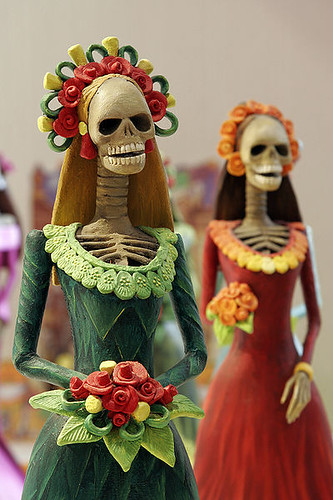-1944-xx-Museo-de-Arte-Moderno-Mexico-City.jpg)
Although it's customary in many traditions to spend time at the grave site, cleaning, caring, and sometimes bringing offerings of food and drink, particularly during Day of the Dead celebrations, a more direct method was used in ancient Greece....
... I'm so sorry to do this to you, but this post has been moved to my new website, The Pagan Calendar, hosted at shirleytwofeathers.com and can be found in it's entirety here: Nourishing the Dead






